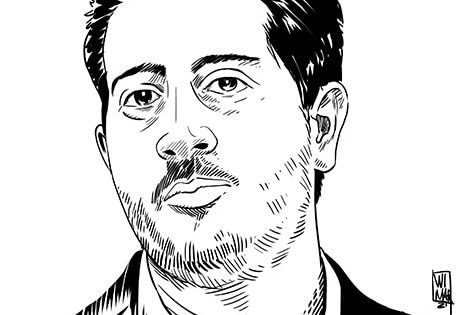(RSF/IFEX) – The following is an RSF press release: CUBA Where news is the exclusive reserve of the state A report on repression of the independent Cuban media As the European Parliament today awarded the Sakharov Prize for human rights to Cuban dissident Osvaldo Paya, Reporters without Borders published a report condemning the complete absence […]
(RSF/IFEX) – The following is an RSF press release:
CUBA
Where news is the exclusive reserve of the state
A report on repression of the independent Cuban media
As the European Parliament today awarded the Sakharov Prize for human rights to Cuban dissident Osvaldo Paya, Reporters without Borders published a report condemning the complete absence of press freedom in Cuba.
It called on the European Union (EU) to make Cuban membership in the Cotonou Agreement* conditional on the Cuban government ending its media monopoly, legalising independent news agencies and releasing four journalists from prison. It also called on the EU “to give effective support” to independent Cuban journalists.
The report – “Cuba, where news is the exclusive reserve of the state” – describes prison conditions for the four journalists: bad food, harassment, humiliating treatment and filthy conditions. The longest-held prisoner, Bernardo Arévalo Padron, was arrested in 1997 and has just been diagnosed with leptospirosis, which is spread by rats. He should have been freed on parole in October 2000, but the government refuses to release him “because he has not co-operated in his re-education programme.”
The Cuban constitution decrees that the government has a monopoly of the media. Like Arévalo Padron, about 100 independent journalists, grouped in 20 or so agencies that the authorities refuse to recognise, try to exercise their right to inform the public. Because they are censored in their own country, they publish their articles in the foreign press or on the Internet, which are not readily available in Cuba.
The report details the constant harassment the journalists are subjected to, including arrests, police summonses, pressure on their families and visits to their homes. They are closely watched by the regime’s police. One was even called in for questioning after a neighbour told the authorities she heard him shouting criticism of the government inside his house. About 50 journalists have gone into exile since 1995.
“Despite this intimidation, independent journalists say their activities are fairly tolerated these days,” the report says, but concludes that in reality this is not so. It says the government’s repression has achieved its goal of keeping independent journalists this side of the “red line,” which puts out unauthorised news to the general population.
* President Fidel Castro said on 8 December that Cuba will apply to join the Cotonou Agreement, which allows 77 African, Caribbean and Pacific (ACP) countries to receive economic aid and better trade terms from member-states of the European Union.
The report, “Cuba, where news is the exclusive reserve of the state,” is available at www.rsf.org


